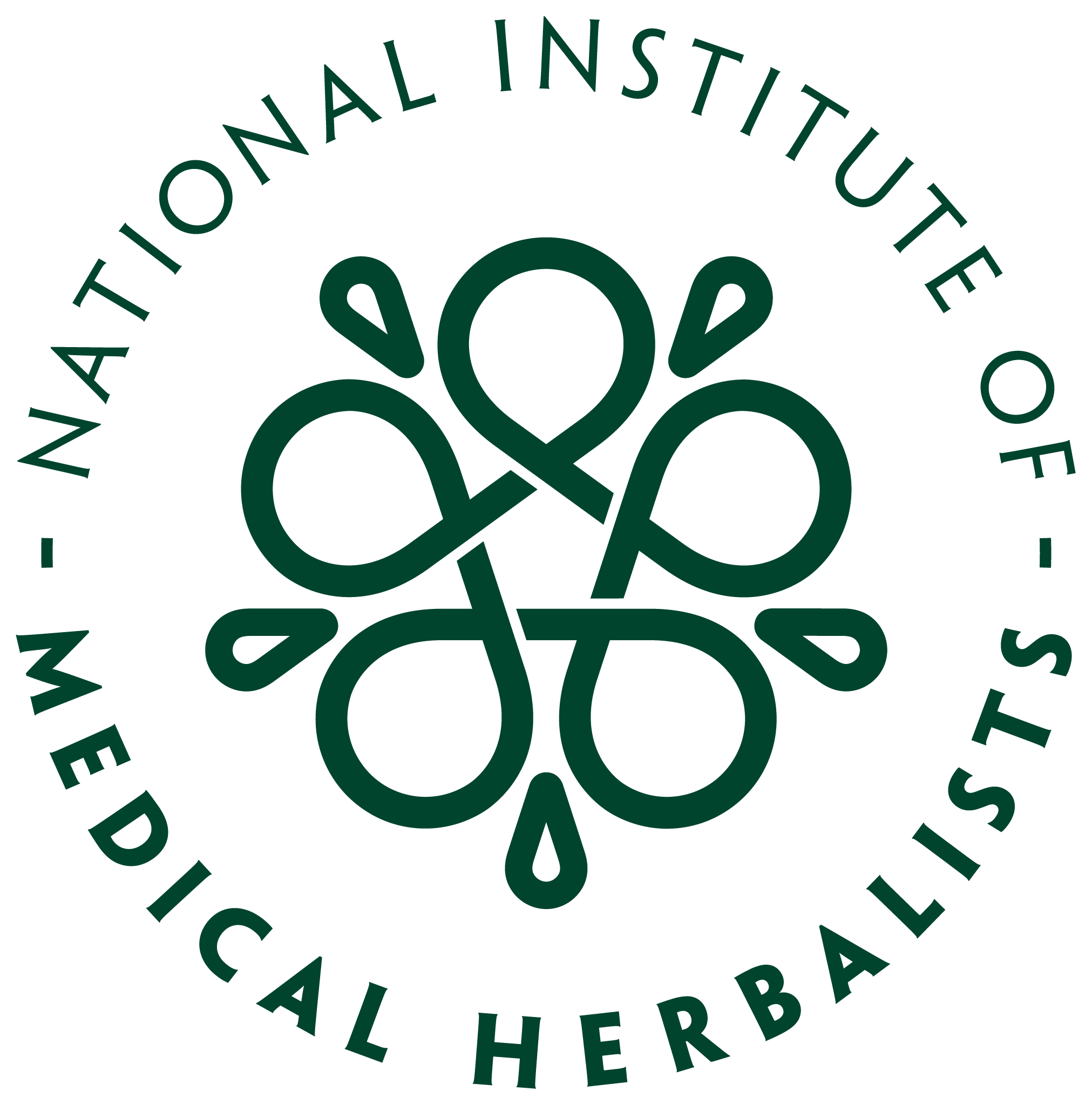
Cymbopogon citriodora
Poaceae
- Jekkapedia
- Details
- Growing
- Medicinal
- Available as
- How to sow seeds
- How to grow herbs
- Sustainability
Cymbopogon citriodora, East Indian Lemongrass
Family: Poaceae
Genus: Cymbopogon
Typical grass like magenta flowers. Flowers only in the tropics or under protection. Lemon scented, linear, grey/green leaves up to 90cm in length. Culinary; both the culms (stems) and leaves are used in eastern food and for making tisanes.
• Hardiness: H2 (1 to 5C)
• Type: Evergreen Perennial
• Height: up to 1.5m
• Spread: 1m
East Indian Lemongrass can be seen at the herb farm in Jekka's Herbetum and is available to buy as both herb plants and online as herb seeds.
• Soil type: Sand, Light Loam, Free Draining
• pH: Acid pH
• Habit: Upright
• Flowering colour: Magenta
• Flowering time: Summer
• Uses: Culinary & Medicinal (Read Jekka's Guide To Culinary Herbs and Medicinal Herbs for more information)
• Attracts pollinators: No
• Container suitability: Yes
• UK native: No
• Caution: Do not take the essential oil internally without supervision.
• Indoor Sowing: In late spring, into prepared plug trays or pots, cover seeds with perlite. Bottom heat, 20-22°C, aids germination. Can be difficult to germinate.
• Outdoor Sowing: Not suitable.
• Maintenance: (See Jekka's Blogs on Early Spring, Late Spring, Summer and Autumn maintenance)
• Harvest: N/A
This sweetly-scented grass has been used traditionally in its native India and Sri Lanka to produce a relaxing tea used to calm and relieve the cramping and colic associated with digestive problems. In India it has also been used as a topical skin application to treat fungal infections such as ringworm.
In the Caribbean it is seen as a herb for lowering fevers or used in a warm poultice to ease painful joints in arthritis.

Caution: Professional supervision is recommended when using the essential oil produced from this plant, which is extremely toxic and should not be taken internally.
Please note: The information provided here is for educational interest only and is not intended to be used to diagnose or treat significant health problems. Any serious or long-term health concerns should always be discussed with a healthcare professional.
See our blog for more information about the National Institute of Medical Herbalists
For information on growing herbs from seeds please see Jekka's blogs on sowing herb seeds, sowing your winter culinary herbs or how to grow vegetables.
Jekka's "How to Grow Herbs" videos, includes Jekka's video on how to sow herb seeds for an informative step-by-step guide to seed sowing. For a hands-on herb experience, where you will learn how to grow herbs, check out our Master Classes.
Growing indoors? Check out Jekka's blog on indoor herb gardening for some advice.
For seeds, try Jekka's Seed Club Subscription to regularly receive different sustainable culinary herb seeds for you to try. If you require pots or compost, see Jekka's Herb Kits that includes Jekka's Seed Sowing Kit. This kit contains all you need to sow a collection of herb seeds.
For more information on growing herbs plants please see Jekkapedia, Jekka's blog or our FAQs page.
Happy Herbs!
At Jekka’s we sell herbs in 1 Ltr and 2 Ltr pots. These are established and hardy herb plants that are grown following organic principals and to survive the UK climate. Please read Jekka's blog that contains her top steps to growing on your herbs.
There is also ‘Jekka’s Seasonal Tips’ series that covers growing and maintaining herbs in early spring, late spring, summer and autumn & winter. Together they form Jekka’s guide on how to grow herbs. For a hands-on herb experience, where you will learn how to grow herbs, check out our Master Classes.
Our herbs are designed to be grown in containers or planted in the garden. Although some herbs will be quite happy indoors, most prefer being outside. Please see our indoor growing blog for more information.
If you require pots or compost, we have developed Jekka's Herb Kits, which includes Jekka's "Grow On" Kit. These kits contain all you need to grow on your herbs.
If you think your herbs need a little more attention we always recommend an environmentally friendly solution, and these are Jekka's top three:
- Maxicrop liquid seaweed: 'Feed on Fridays' as Jekka always says for all round good plant health.
- SB Invigorator: a safe and effective insecticide and fungicide to help control a wide range of pest species
- Epsom salts: the horticultural equivalent of what you put in your bath that will top up the plant's magnesium and stop orange leaves.
Please note, the compost in Jekka's Kits will have enough natural food for approximately 6 weeks.
For more information on growing herbs plants please see Jekkapedia, Jekka's blog or our FAQs page.
Happy Herbs!
One of our three core roots is that we are Environmentally Conscious and for the past 30 years all the herbs grown at Jekka’s have been raised following sustainable, environmentally friendly and organic approaches resulting in a remarkable biodiversity at the herb farm.
Our herb seeds are also untreated and can be used to grow organic herb plants. Our seeds are hand packed into gassine bags, which are fully recyclable, compostable and biodegradable. These bags are then put into beautifully illustrated paper seed packets. Therefore, our environmental footprint is small.
Want to know more? You can read more about our sustainability approach to growing herbs in one of Jekka's Blogs. See also:
- Organic and sustainable approach to growing herb plants
- Jekka's guide to being a sustainable herb gardener
- Jekka's guide to cimate change
- Jekka's top 8 tips for becoming a sustainable gardener
- Jekka's blog on organic gardening and soil health
- Jekka’s guide to increasing biodiversity and rewilding your garden




